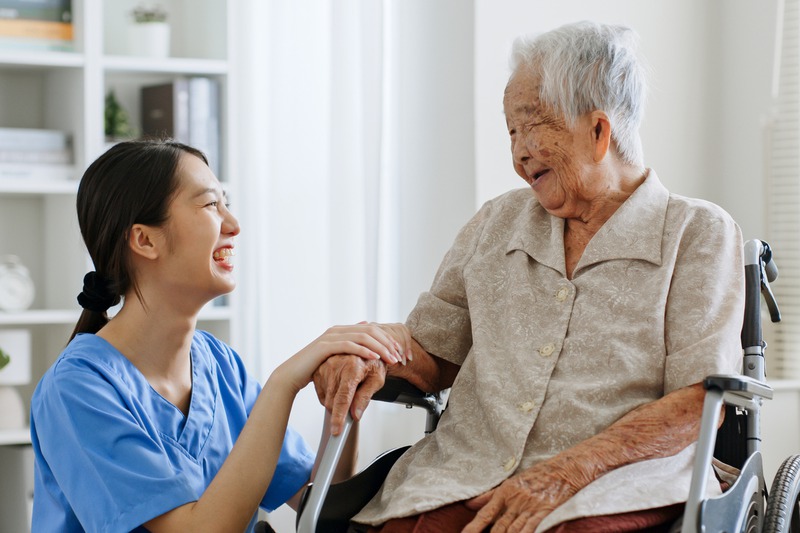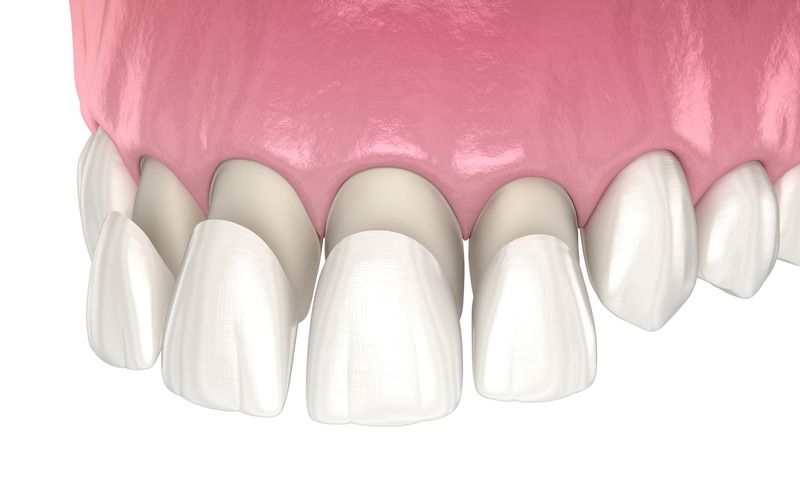Facing the turbulent waters of addiction recovery can be overwhelming for everyone involved. This journey is not just about the person in recovery, but it also deeply affects family and friends. As the saying goes, “No man is an island,” and this can’t be more accurate when it comes to supporting a loved one through such a delicate period. In this article, we’ll chart out how you can break the stigma and effectively support those you love on their road to recovery.
What Does Recovery Mean?
We often hear the term “recovery,” but what does it actually mean? Recovery isn’t just about abstaining from substances; it’s a holistic approach to rebuilding one’s life. This includes improving physical health, mental well-being, emotional intelligence, and social connections. The journey varies for each individual and may include setbacks. A critical aspect of recovery is understanding and celebrating milestones, no matter how small they may seem.
The Stigma Surrounding Addiction
Addiction carries an undeserved stigma that can be both isolating and crippling. Many people struggling with addiction face societal judgment, which can affect their self-esteem and motivation to seek help. It’s essential to acknowledge this stigma and actively work against it. Start by educating yourself and others, and practice empathy and compassion. Remember, addiction is not a moral failing but a complex mental and physical health issue.
How to Support Your Loved Ones
1. Practice Active Listening
One of the most powerful tools you have when supporting someone in recovery is the ability to listen. It’s not just about hearing words but truly understanding their feelings and concerns. Be present in the conversation, ask questions, and refrain from offering unsolicited advice. Sometimes, it’s more important to be heard than to hear solutions.
2. Establish Healthy Boundaries
While supporting your loved ones, it’s crucial to establish boundaries. Recovery is a personal journey, and maintaining boundaries helps both parties respect each other’s space. Be clear about what behavior is acceptable and ensure that you have your own emotional needs met as well.
3. Encourage Professional Help
Recovery is complicated, and sometimes professional guidance is necessary. Advocate for professional substance abuse treatment centers in New Jersey, such as therapy sessions, counseling, or support groups. These organizations often have the experience and skills to offer the type of assistance that friends and family may not be able to provide.
The Importance of a Support Network
Encouraging Social Connections
Recovery is easier when you’re not walking the road alone. Encourage your loved one to develop a network of supportive friends and family. Support groups can offer a sense of belonging and understanding from others who have walked a similar path. This unity can be incredibly empowering.
The Role of Family
Families are often the primary support system for someone in recovery. As a family, it’s vital to present a united front, offering consistent support and understanding. Regular family therapy sessions can foster communication, mend broken relationships, and ensure all parties have a voice in the recovery journey.
Breaking the Cycle of Relapse
Recognizing Triggers
Triggers can be people, places, or emotions that lead to cravings for substances. Work with your loved one to identify what these might be and develop strategies to avoid or manage them. Encourage open discussions about what they are experiencing and be supportive without judgment.
Create a Relapse Prevention Plan
Even the most prepared individual might face the temptation of relapse. It’s a common part of recovery, and having a plan in place can provide direction and stability if it happens. Discuss contingency plans, revisit coping mechanisms, and ensure they know they have your unwavering support no matter what happens.
Utilizing Community Resources
Engage with Local Support Systems
Communities often have numerous resources, such as support groups, counseling, and mentoring programs. New Jersey addiction rehab centers can provide the necessary infrastructure for a structured recovery process. Encouraging your loved one to utilize these resources can greatly enhance their recovery journey.
Volunteer Opportunities
Encouraging your loved one to get involved in community service can be a rewarding and healing experience. Volunteering provides a sense of purpose and accomplishment, two things that can be pivotal in boosting self-esteem and motivation in recovery.
What about Aftercare?
Understanding Aftercare Programs
Completion of an initial treatment program isn’t the end of a recovery journey. Aftercare is the ongoing support that follows and can often include sessions, community service, or personal therapy. It’s crucial to continue attending meetings and staying engaged with the treatment community.
Sober Living Facilities
Sober living facilities can play a critical role in the continuum of care. They offer an environment designed to reinforce a drug-free lifestyle while providing peer support. An example would be sober living facilities in New Jersey, which provide a safe and structured space for those keen on focusing on their recovery.
Final Thoughts
Supporting a loved one through addiction recovery is no small task, but it is a profoundly rewarding endeavor. Educate yourself, foster open communication, and encourage professional and community resources. While the journey may be challenging, understanding and loving support can make all the difference. Breaking the stigma and fostering a nurturing environment can pave the way for substantial and lasting change.


